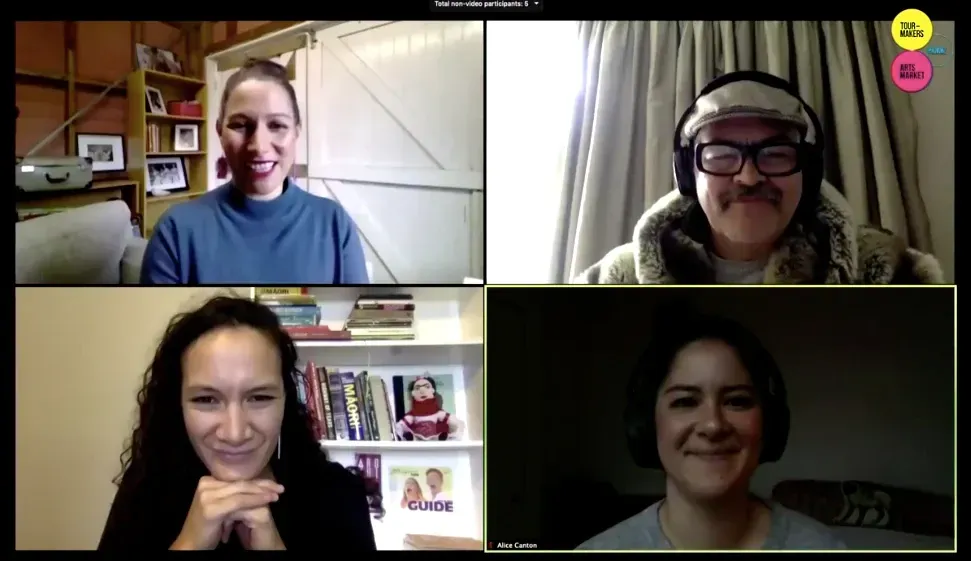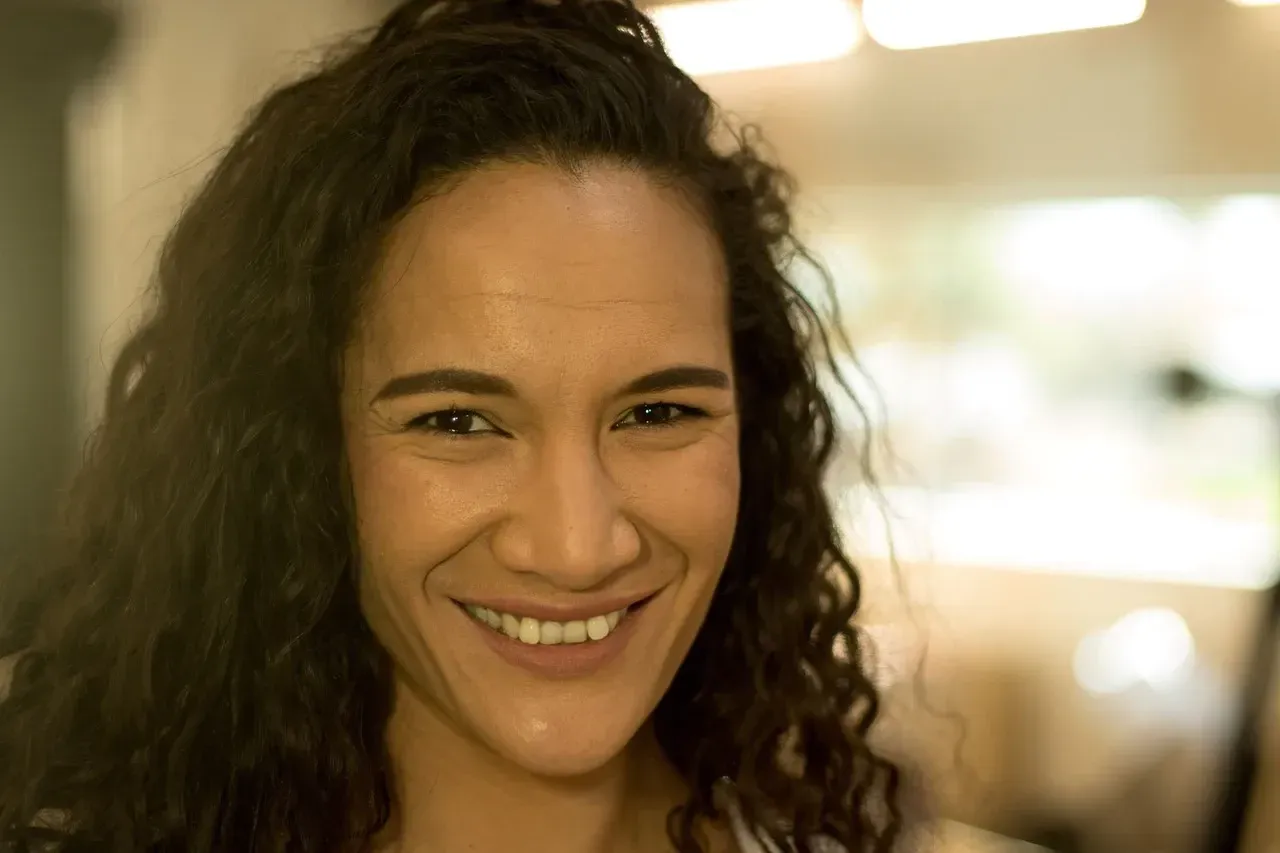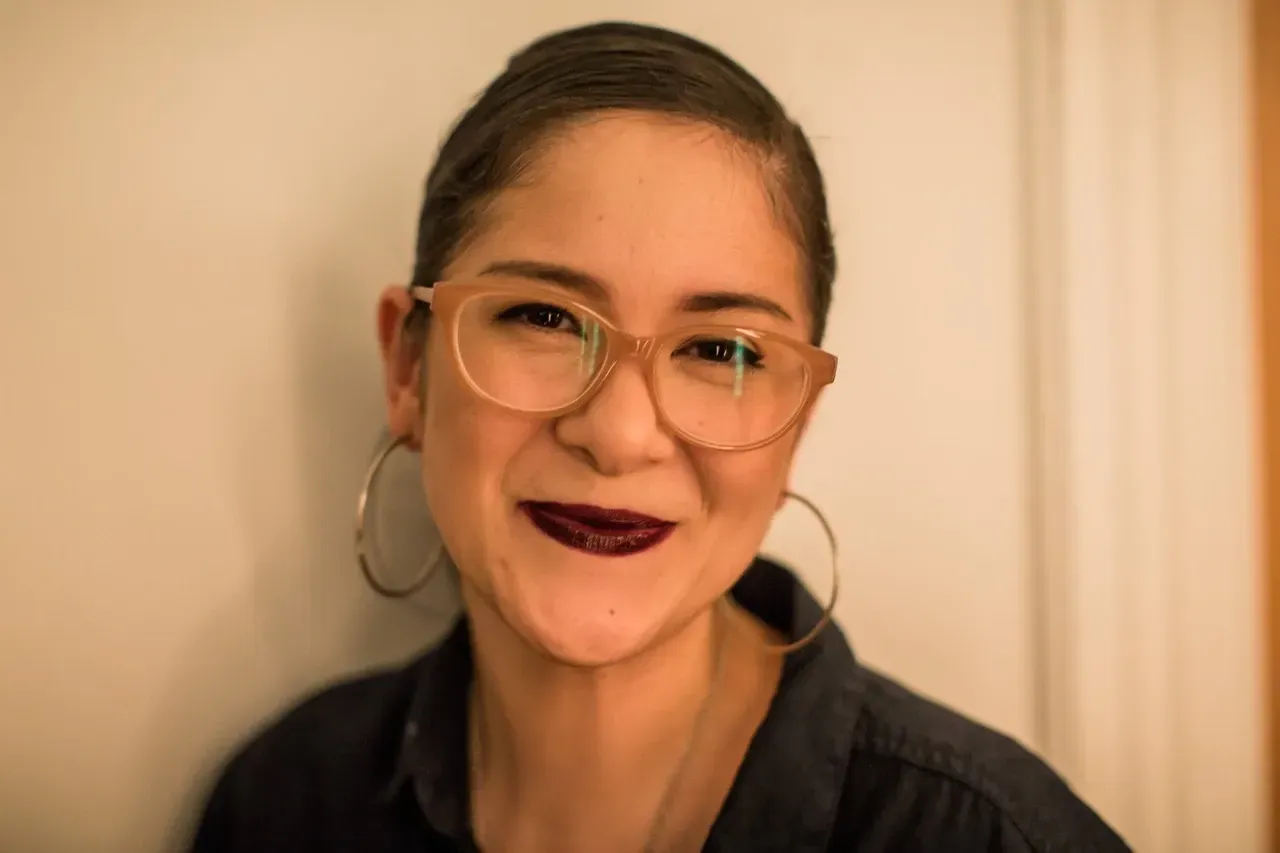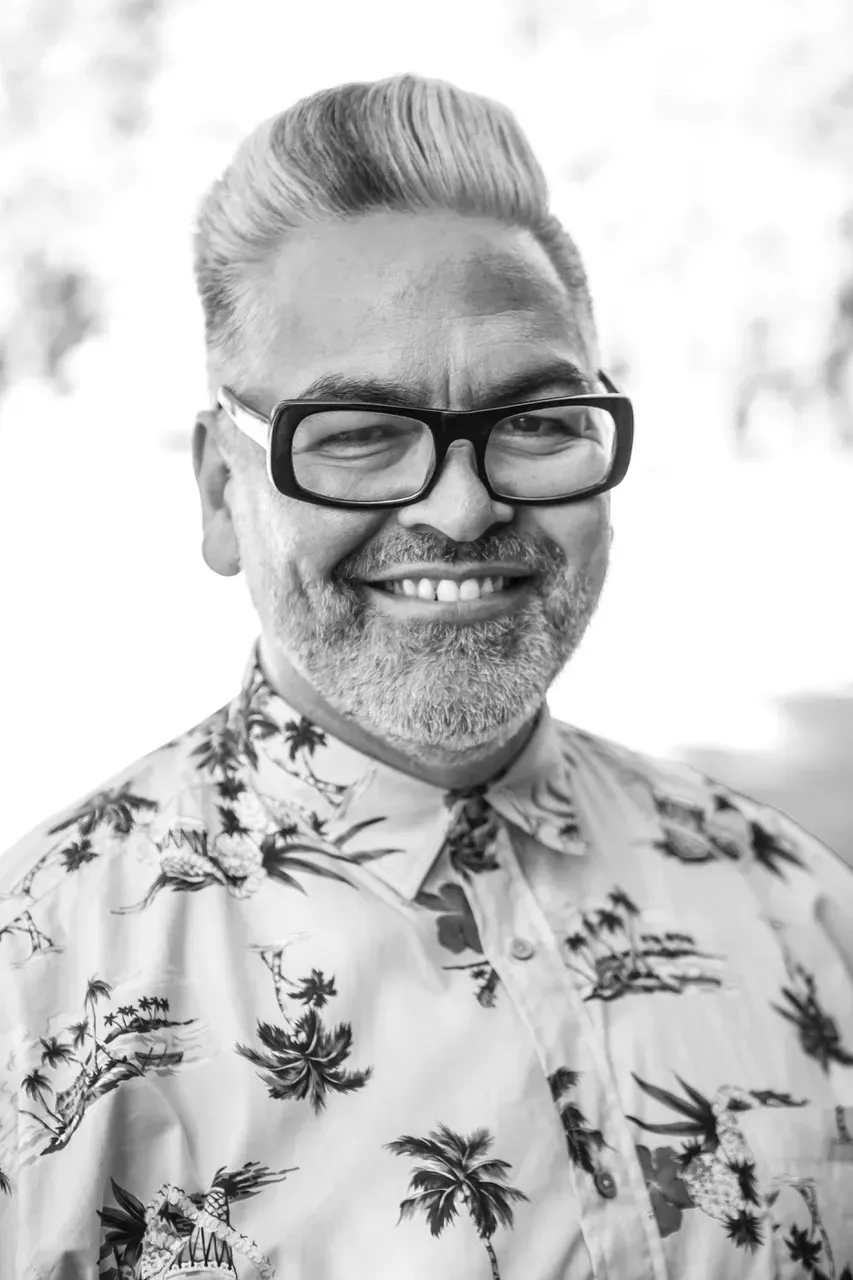Are You Being Heard?
Written by

Money, communication, diversity.
The independent artists have been heard - and their post Pandemic wishlist is a rightfully ambitious one.
As arguably the group who have most keenly felt the crushing impact of COVID-19 in the creative sector, the chosen representatives for the most recent instalment of the PANNZ online hui had plenty to get off their chest. Not just for independent artists, but ensuring the voices of Pasifika, Asian and Māori arts practitioners were given a voice as well.
Laying it out Straight
Award-winning playwright Victor Rodger, theatre producer and creator Alice Canton and multidisciplinary artist, educator and researcher Juanita Hepi (Kāi Tahu, Ngāi te Rangi, Ngātiwai, Ngāti Mutunga) are nothing if not forthright. And it is clear that if there’s one thing independent artists can’t abide, it’s other people making decisions on their behalf.
Canton is carving her own place in the industry under her nom de plume White_mess, with a particular interest in social practice and using theatre as a means to explore participation, community and political engagement. So it should come as no surprise that when Canton takes aim, she doesn’t miss.
“Arts leaders need to communicate with us,” says Canton. “If we feel like we are being over-communicated to, we will say something. There has been a deafening silence from too many organisations and venues...and we care about them, we have an emotional investment.
“The problem with being invisible right now is that it makes you hyper-visible...because when artists don’t know, they move into a slippery slope of making assumptions and the churning possibility of ‘what if.’
“I don’t have a risk management structure in place let alone a crisis one…[independent artists] don’t have a board or thinkers at our fingertips, so the venues and companies become that to us and when they’re not talking to us, it's scary.”
Seat at the Table

Victor Rodger. Photo: Supplied
While Canton wants communication, Rodger, whose impressive body of work includes My Name is Gary Cooper, Black Faggot and Uma Lava has a few other priorities for what artists need from arts organisations.
“Money - simple as that” he laughs. “There are some questions around who gets to decide who gets the moolah.
“In a pre-COVID world, one thing I always banged on about is look at the racial makeup of the top tier - it’s pretty generic and homogeneous; it cannot help but impact how decisions get made. I want that top tier to look a lot more diverse.
“The danger is when minorities aren’t at the table, decisions are made for us - often with the best intentions but it’s not quite what we need. [It’s important that] the decision-making is being made by people who are impacted by them, whose practice will be impacted by them.”
Yes, You Can Say No

Juanita Hepi. Photo: Supplied.
Choosing your own path is at the heart of independence in any line of work, and the panel is fierce in their stance of standing up for yourself - to value who you are and what you do.
Hepi asserts that creatives “need to reach out and talk. Be aware of where you put your energy and how you are using your energy - if you’ve signed up for six hours of work, only do six hours. Don’t wait for a tragedy to happen before you do the things you love.”
Rodger agrees “I turned down a TV job because it didn’t spark joy. This has been an opportunity for me to reset what is important to me as an artist and consider what is next and how to navigate and plan and create an environment, a space where you can turn projects down.”
“There is a binary between saying yes and no,” says Canton. “Saying no is an important skill to learn and they’re both okay to say and practice grace when you receive yes or no from others - there are lots of ways to react when someone says that.”
Privilege?
That same theme of sticking to your guns and not conforming to others’ expectations has also posed a conundrum for Canton.
“I’ve been actively trying to resist this culture of productivity and participate as an observer,” says Canton. “Because I have a secondary income I don’t have to make right now and a friend called that out as a privilege - it really ruptured me [and asks the question] ‘am I privileged because I don’t earn 100% of my income through making work’….therefore is it a privilege right now to not make work because I can earn a crust doing something else?” she mused.
“I don’t like to think of it as a privilege because by earning a crust in that way, I’ve completely compromised my ability to make as well. [COVID-19] has given us the opportunity to explore the notion of productivity and what it means and the different roles that independent artists take on to continue their practice.”
During these unprecedented times, it is important that independent artists “are kind to themselves and remind themselves that even if they have a job that isn’t related to their practice, they are still creatives” says Rodger.
Life, Disrupted
Hepi is based in Ōtautahi, Christchurch, so knows her fair share about life being disrupted. “I wish we were [connecting with each other] without tragedy,” she underlines.
“The earthquake made us consider land, terrorism made us consider race and COVID-19 is making us consider the impact of globalisation; it’s important to think about these things in a way that fits you [as a creative].
“I wonder if the great reset that everyone is talking about will happen - or if it will go back to a status quo that doesn’t work for a lot of us because we’re not [on boards] shaping big decisions” says Rodger. “Not to diss mainstream organisations outright, but why do we have to partner with someone? [There is an opportunity] for sovereign organisations that have truly diverse leadership.”
Alice Canton. Supplied.
“There’s an opportunity to work in a truly inter-sector way,” says Canton. “We could work with the private sector [and explore] new systems for how we donate and give...for me, partnerships could go beyond arts organisations; those initiatives are really hard as independents, so art organisations could act as matchmakers.”
Change is in Our Hands
Collectively, they remain hopeful for a post COVID world. “Indigenous storytelling is my passion,” says Hepi who has recently returned from a tour of the United States and Canada. “From being overseas then coming back home, there are opportunities to grow interconnected, multidisciplinary platforms together but we need to have difficult conversations about what art means as a nation to achieve that.”
“We’ve had to quickly problem solve how we connect and engage,” says Canton. “People have been advocating new ways of working because of the way we’ve privileged live events….I hope that people continue to think about how working virtually can continue to evolve.”
“We are living with a question mark, but the arts are not going to stop because of a virus - we just have to adapt,” says Rodger
Hui making a difference
From breaking down entire systems to building up a sense of purpose in uncertain times, the weekly PANNZ hui continues to be a vital resource for all components of the creative sector.
Within its hour(ish) format and well moderated by Dolina Wehipeihana (Ngāti Tukorehe, Ngāti Raukawa), it offers viewers the chance to connect, consider creativity, challenge the pre-COVID status quo and imagine a brave new world.
Considering this week's hui in broad strokes, it didn’t deviate too much from this tried and true formula. Nor should it. Because if this current situation is highlighting anything, it is that although the artistic ecology is being impacted in a myriad of ways unique to a person's place within it, the issues and inequalities are far-reaching for all but a handful of people.
To watch the PANNZ/AUCKLAND LIVE hui in full, click here


